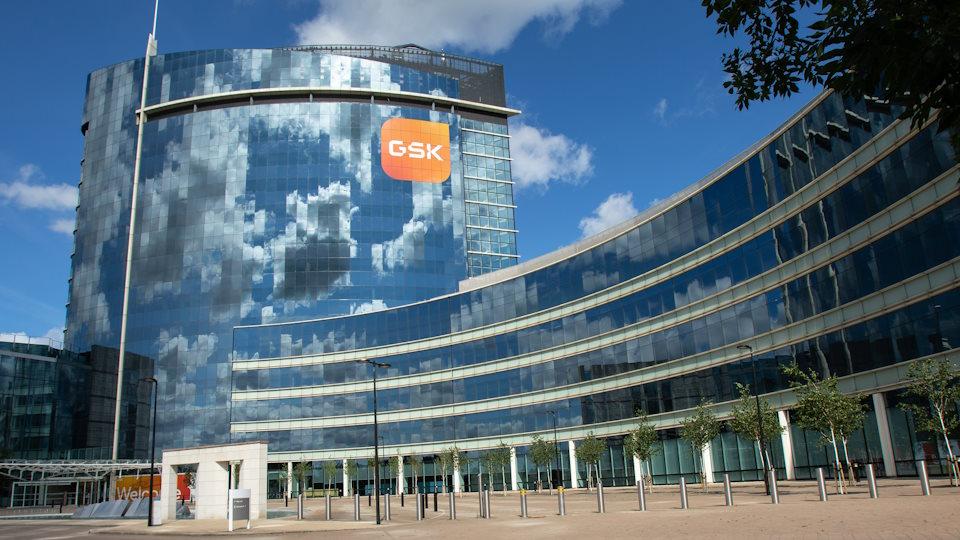GSK’s Omjjara EU-cleared for splenomegaly in myelofibrosis

GSK’s $1.9 billion takeover of Sierra Oncology has delivered the first new product, with the EU approval of Omjjara for the treatment of enlarged spleen (splenomegaly) or symptoms in adult myelofibrosis patients with moderate-to-severe anaemia.
The once-daily, oral JAK1/JAK2 and ACVR1 inhibitor is the first medicine to be approved in the EU for this indication and can be used in patients who are JAK inhibitor-naïve or have been previously treated with Novartis’ JAK inhibitor Jakavi (ruxolitinib).
Omjjara (momelotinib) – which has been predicted by GSK to have blockbuster sales potential – was approved as Ojjaara by the US FDA in September after a three-month delay. It can be used in both markets in patients with primary myelofibrosis, post-polycythaemia vera myelofibrosis, or post-essential thrombocythaemia myelofibrosis.
In the pivotal MOMENTUM clinical trial, Omjjara achieved reductions of 50% or more in disease-related symptoms and at least 35% reductions in spleen volume in patients, according to the CHMP. The most common side effects of treatment are diarrhoea, thrombocytopenia, and nausea.
Approval for first-line use in both Europe and the US is a boost for GSK, which at one point had been expecting the drug to be reserved for second-line use in patients previously treated with Jakavi (known as Jakafi in some markets) or other JAK drugs, like Bristol Myers Squibb’s Inrebic (fedratinib) and CTI Biopharma’s Vonjo (pacritinib).
According to Nina Mojas, head of oncology product strategy at GSK, “the challenges of living with myelofibrosis can be burdensome, and symptomatic patients can experience spleen enlargement, fatigue, night sweats, and bone pain.”
She added: “The authorisation of Omjjara brings a new treatment option with a differentiated mechanism of action to these patients in the EU.”
Current therapies for myelofibrosis can help relieve symptoms of myelofibrosis and improve long-term survival, but can exacerbate anaemia, a common symptom of the blood cancer. Anaemia is seen in around 40% to 50% of patients at diagnosis, rising to almost all of them with treatment, and is the main reason for treatment discontinuation, which is needed in around a third of patients.
Omjjara/Ojjaara is a key component of GSK’s efforts to rebuild its oncology pipeline alongside PD-1 inhibitor Jemperli (dostarlimab), which was cleared last year as a frontline treatment for patients with dMMR/MSI-high primary advanced or recurrent endometrial cancer.
The two drugs have become more important for the company since its multiple myeloma therapy Blenrep (belantamab mafodotin) was withdrawn from the market after a confirmatory trial failed to back up its accelerated approval.












